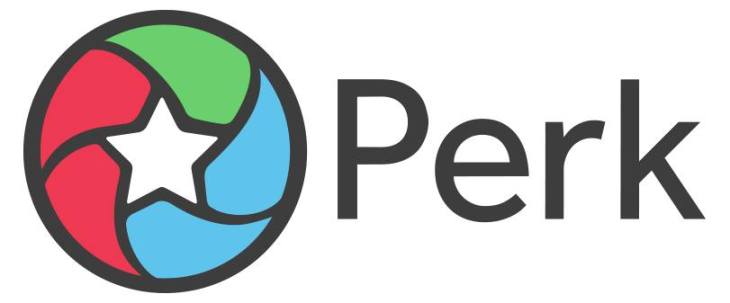Mobile rewards platform maker Perk.com, which makes apps that reward you for watching TV, unlocking your phone, online shopping, surfing the web and more, announced this morning its plans to acquire the mobile app development platform Corona Labs for a total of $2.3 million. This is the second time Corona Labs has been acquired – in 2014, Fuse Powered bought the Palo Alto-based startup,with plans to develop on top of its platform in the future.
Today, Perk.com indicates it has similar plans. According to Perk.com CEO Ted Hastings, the company will integrate its own rewards platform into the Corona development platform, which would then allow mobile app developers to build games that have Perk.com’s monetization tools built-in from the start.
Corona Labs’ footprint hasn’t grown much since its original acquisition it seems – the company is still reporting that “over 300,000” mobile app developers are using its tools to create apps – the same figure it reported in 2014. Those apps have over 60 million downloads, and over one billion monthly sessions, explains Fuse Powered’s website.
The company’s core product is something it calls the Corona SDK, which allows mobile developers to speed their time to launch by building cross-platform apps that work on a range of devices, including iOS, Android, Kindle Fire, and even Nook. Prior to its first acquisition, the company had been expanding its focus on mobile, social gaming with the launch of Corona Cloud the year prior. This allowed developers to more easily add features like leaderboards, achievements, chat and more to their mobile games.
While building a mobile game using the SDK makes it easier for developers to get started compared with working to build an app from the ground up, it can also be limiting in terms of customizations, at least in Corona’s case. That means that serious game developers building large-scale games will ultimately choose to move away from tools like this.
That said, the indie developer community who is looking for simpler tools to build, optimize and, monetize their games, could find the SDK useful. The 2D game engine is built on industry standards, and is said to allow developers to build 10x faster.
Following the deal’s close, Perk.com plans to integrate its rewards solution into the Corona platform which means developers will be able to create cross-platform apps and have a way to make money from them from day one, without having to look to other resources.
“We built Corona with a vision to be the market leading cross-platform mobile development platform. Combining with Perk brings new investment for the platform from an organization that started as mobile app developers and had first hand experience with the power of the Corona platform in building its own apps,” said Walter Luh, Founder and Creator of Corona, in a statement. “We will be able to further our vision and provide our developers with an out of the box monetization solution and rewards program. Our team is excited about the partnership and believes the shared interest of the two companies will quicken the process of us reaching our long-term goals.”
According to Roj Niyogi, President and Co-Founder of Perk.com, the deal is for both talent plus IP. “Corona Labs is a mature community of developers who love making games and apps with Corona. It’s supported by a crew of engineers who live and breathe Corona and love what it stands for,” he says. Niyogi also notes that Perk.com already has a half-dozen apps being built in Corona and will be releasing those in the weeks ahead, as well as transitioning some existing apps to Corona.
Perk.com says it will pay approximately $1.5 million ($2 million CAD) for Corona Labs, which now employs 12 people, and then will pay out an additional ~$0.8 million ($1.0 milllion CAD) over the next 12 months. Perk expects Corona to be EBITDA positive by Q4 2016.
The company also tells us that both parties are in agreement and expect the deal to take place during the first two weeks of December.
